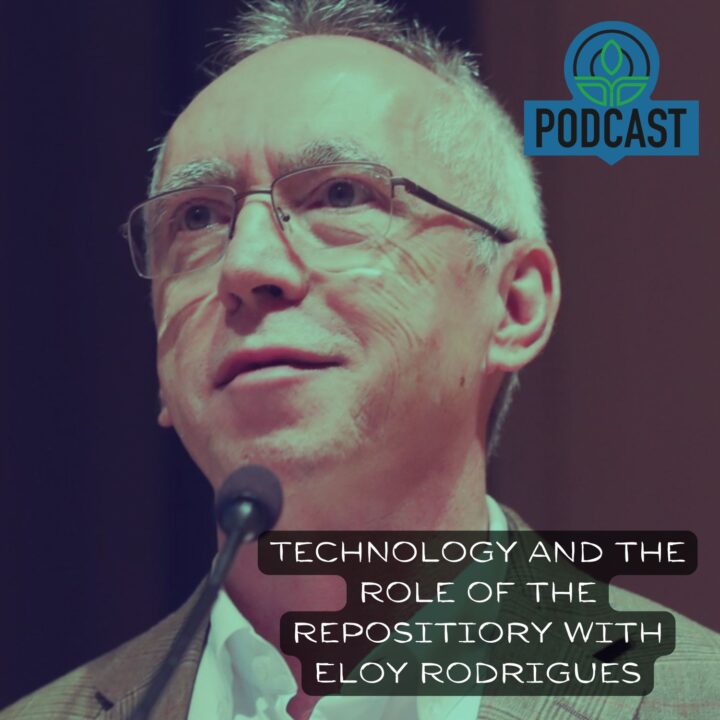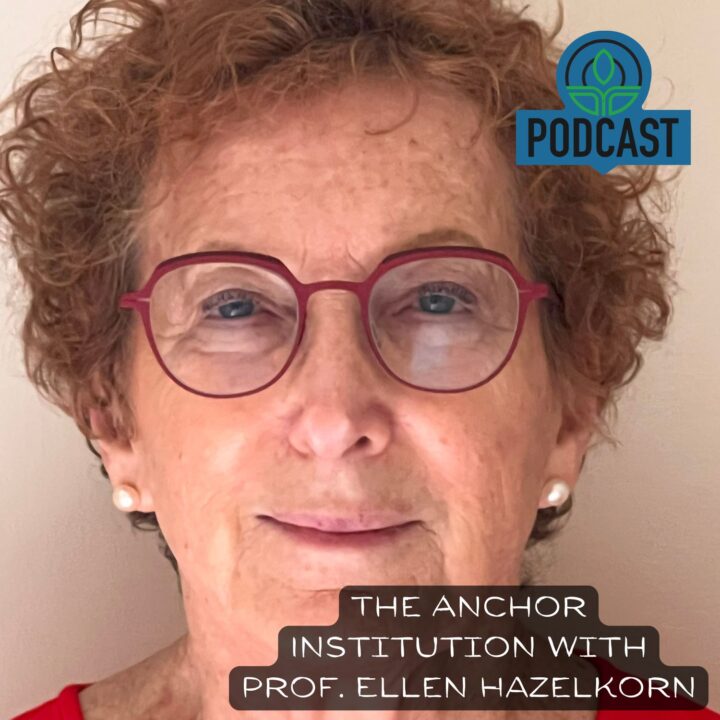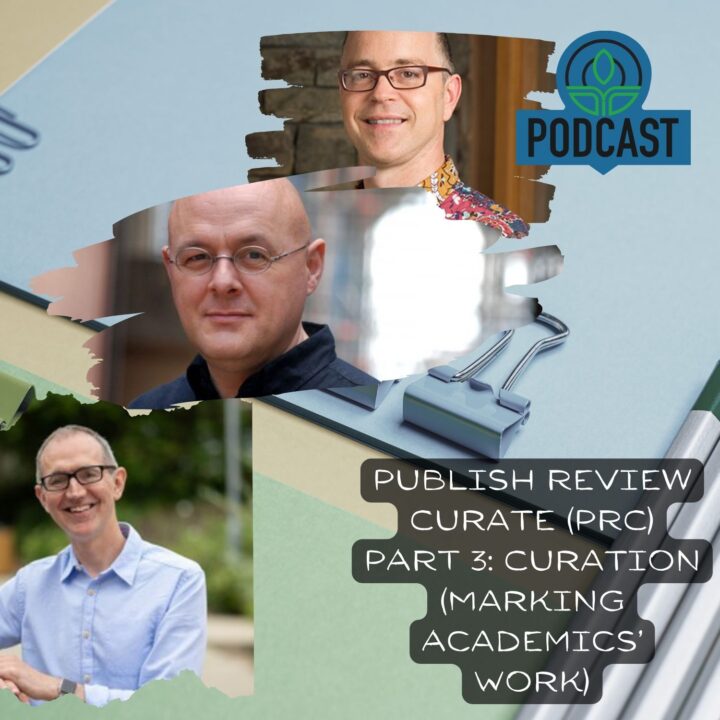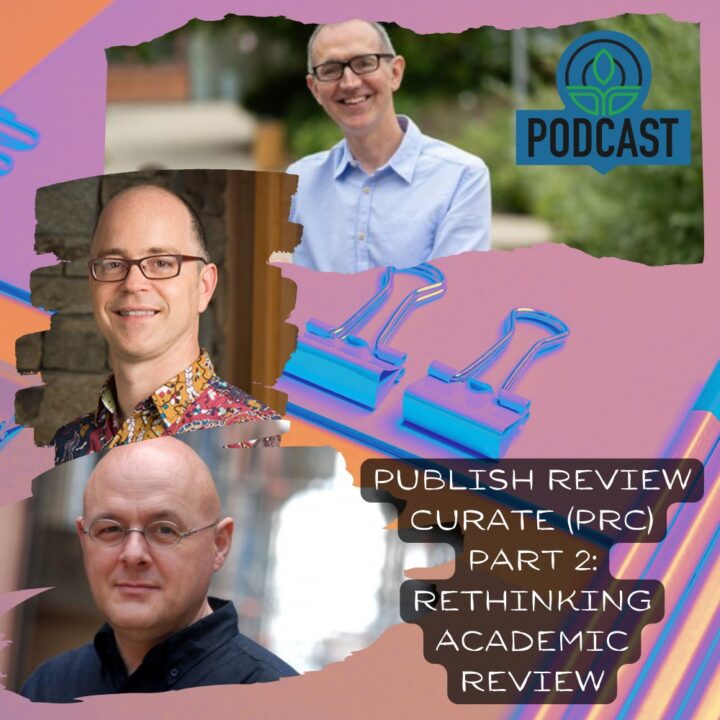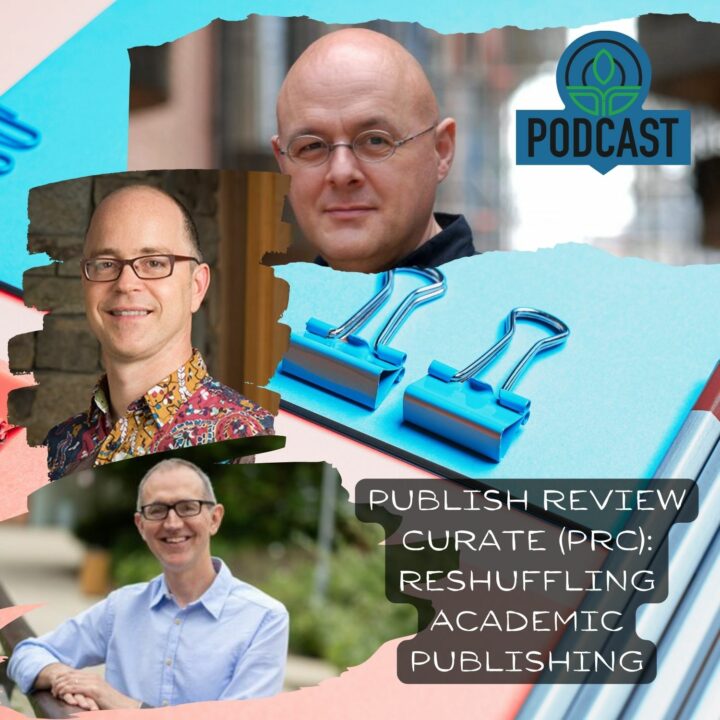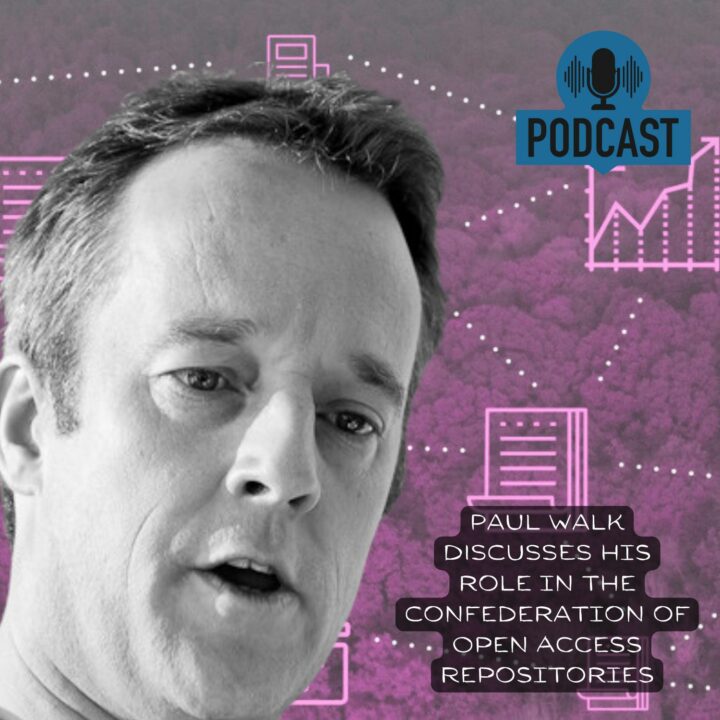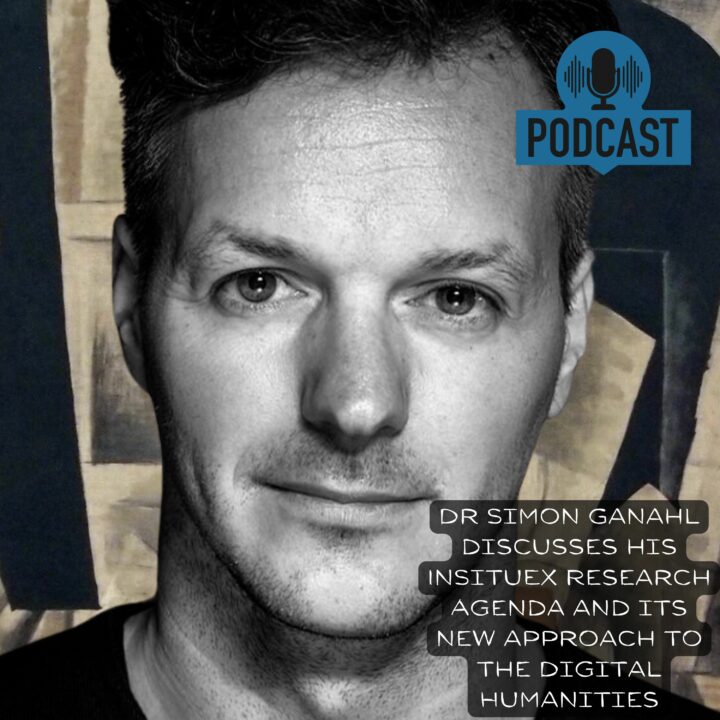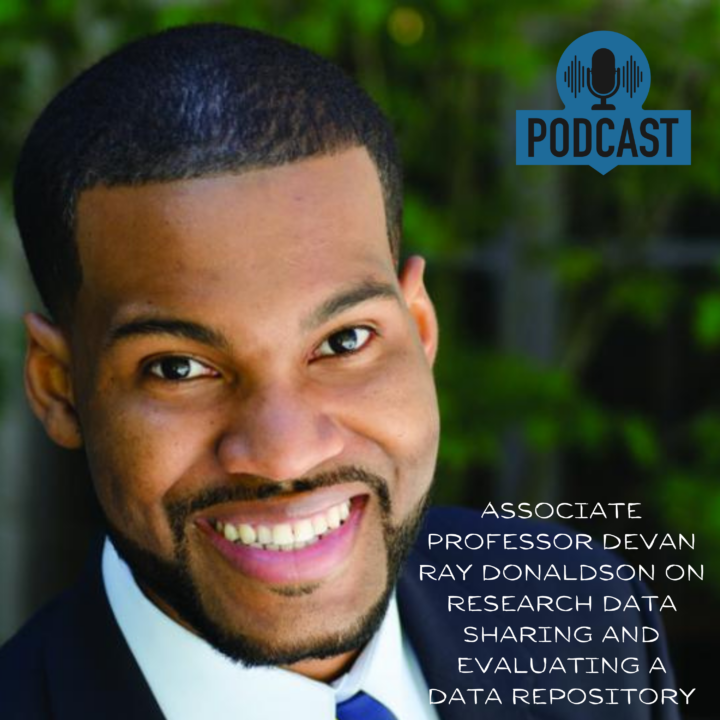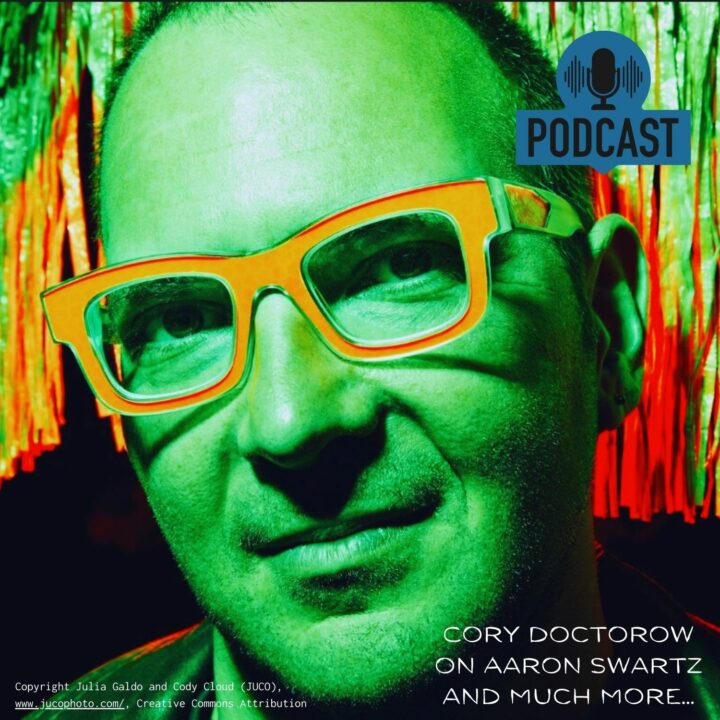
Continuing our exploration into the life of Aaron Swartz, Epistemicast has been lucky enough to grab an interview with Aaron’s friend, early couch-surfing host and tireless fellow activist Cory Doctorow. A New York Times best-selling author, we explored Cory’s own views on the world of Free and Open Source Software, Open Access and Open Academia, as well as getting some touching personal insights...

